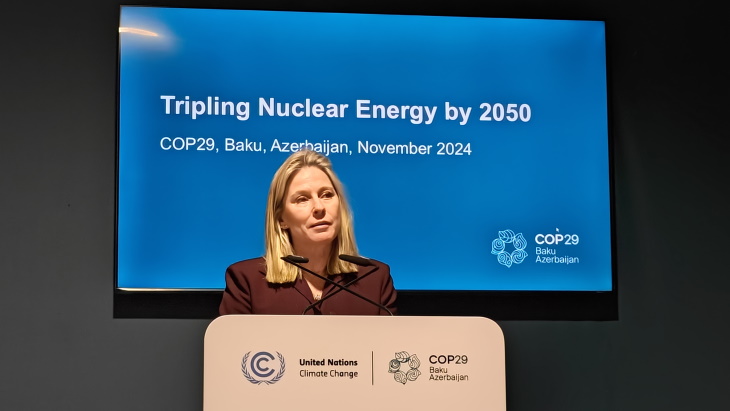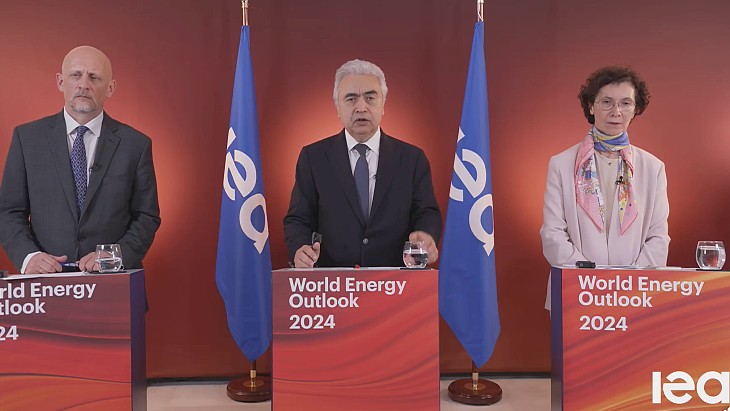Energy regulator explores key drivers of Canadian energy to 2050

Canada's Energy Future 2020: Energy Supply and Demand Projections to 2050 (EF2020) explores how new technologies and climate policy will impact Canadian energy consumption and production trends under two scenarios with different rates of technological and government policy change: the new Evolving Energy System Scenario and the Reference Energy System Scenario.
CER Chief Economist Darren Christie said: "Canada's Energy Future 2020 marks an important inflection point, as Canada's energy system is being shaped by COVID‑19 and ongoing innovations in energy technology and climate policy."
Energy use in 2020 will fall by 6% because of the COVID-19 pandemic, which continues significantly to impact Canada's energy system, the report finds, and the nation's economic recovery is a "significant unknown facing the energy sector for the near-term", and one of many uncertainties for the long term. EF2020 therefore includes more focus on the near term than is typical of the series.
Under the Evolving Scenario, Canada's domestic fossil fuel consumption is seen to be 12% lower than its 2019 peak in 2030, and 35% lower by 2050. At the same time, renewables and nuclear grow by 31% by 2050. Electricity will become increasingly competitive with fossil fuels in many parts of the energy system, including for passenger vehicles. Electricity's share of end-use demand increases by an average of 1% per year from 2019 to 2050, rising from its share of about 16% currently to over 27% in 2050 when half of all passenger vehicles sales are electric vehicles. Under this scenario, however, fossil fuels still make up over 60% of Canada's fuel mix in 2050.
The Reference Energy System Scenario updates the baseline projection used previously in the Energy Futures series, and considers a future where action to reduce greenhouse gas emissions does not develop beyond measures currently in place. Fossil fuel consumption is relatively unchanged throughout the projection period. By 2050, natural gas plays a larger role in the electricity mix, and renewable and nuclear generation as today account for 81% of Canadian electricity generation.
"Achieving net-zero greenhouse gases emissions in Canada within the next 30 years will require stronger policies and greater adoption of low-carbon technologies. Canadian and international efforts to reduce GHG emissions will be a critical factor in how energy systems evolve in the long term," CER said.
"With the increasing pace of change in Canadian and global energy markets and climate policy, the need for up-to-date analysis on energy trends is greater than ever. Canada's Energy Future series provides Canadians with a key reference point for discussing our country's energy future and identifies key drivers of change that will impact Canada's energy transition," CER CEO Gitane De Silva said.

_99697.jpg)







_88592.jpg)
_66488.jpg)

